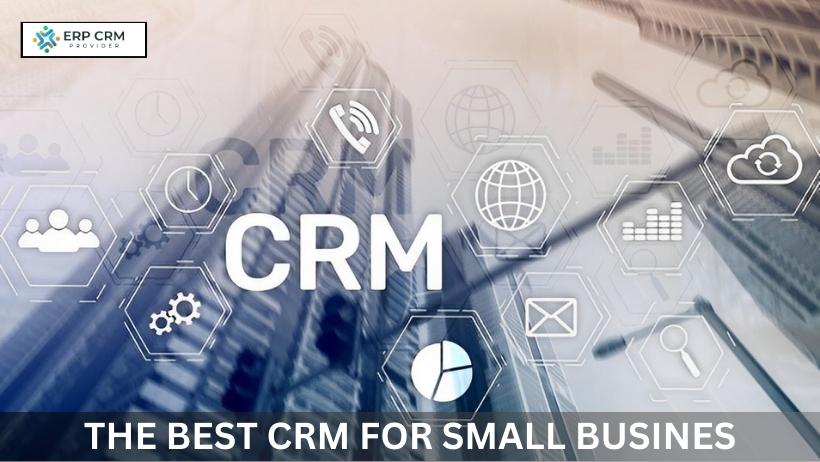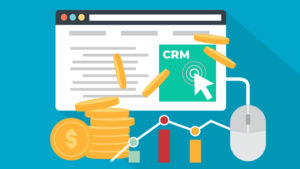What is CRM Software
CRM, or Customer Relationship Management, is a software that helps small businesses manage their interactions with customers. CRM software allows businesses to maintain customer information, such as contact details, purchase history, and preferences. With CRM, you can organize and analyze customer data to better understand their needs and provide personalized experiences. CRM Software also help streamline sales and marketing efforts by automating tasks like lead generation, email campaigns, and follow-ups. This can save time and improve efficiency. CRM can provide insights into customer trends and behaviors, helping businesses make informed decisions and tailor their strategies accordingly. CRM for Small Business is a valuable software that helps manage customer relationships, improve sales and marketing efforts, and gain insights to drive business growth. It’s like having a personal assistant to keep track of your customers and help you provide exceptional service.
Benefits of CRM For Small Business

1. Improved Customer Relationships: CRM allows small businesses to centralize customer information, making it easier to understand and anticipate customer needs. By having a 360-degree view of each customer, businesses can provide personalized and targeted marketing campaigns, leading to increased customer satisfaction and loyalty.
2. Enhanced Sales and Marketing Efforts: CRM for Small Business enables small businesses to track and analyze customer interactions, helping them identify sales opportunities and generate leads. By automating tasks such as lead nurturing and follow-ups, businesses can optimize their sales and marketing efforts, resulting in higher conversion rates and revenue growth.
3. Effective Communication and Collaboration: CRM systems facilitate seamless communication and collaboration among team members, ensuring that everyone is on the same page when it comes to customer interactions. This improves internal coordination, reduces duplication of efforts, and enhances overall productivity.
4. Streamlined Customer Service: CRM software empowers small businesses to provide exceptional customer service by organizing customer requests, inquiries, and complaints in a centralized system. This allows for faster response times, efficient issue resolution, and improved customer satisfaction.
5. Data-Driven Decision Making: CRM systems provide valuable insights and analytics that help small businesses make informed decisions. By analyzing customer data, businesses can identify trends, preferences, and areas for improvement, enabling them to adapt their strategies and stay ahead of the competition.
6. Cost Savings: Implementing CRM software can lead to cost savings for small businesses. By automating manual tasks, businesses can reduce administrative overhead and improve operational efficiency. Additionally, targeted marketing campaigns and improved customer retention can result in significant cost savings compared to acquiring new customers.
Conclusion:
The CRM for Small Business can help grow by streamlining processes, improving customer satisfaction, and nurturing customer relationships. By following the steps outlined in this document, you can leverage CRM effectively to propel your small business toward success. Remember to choose the right CRM software, define your sales process, centralize customer data, automate routine tasks, nurture relationships, and analyze and optimize your efforts. With CRM as your ally, your small business can thrive in today’s competitive market.



